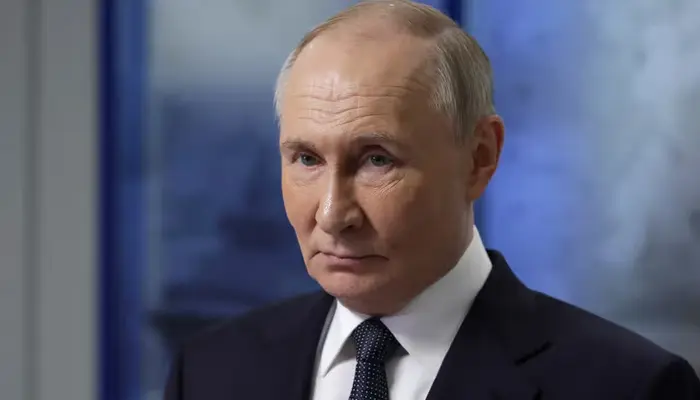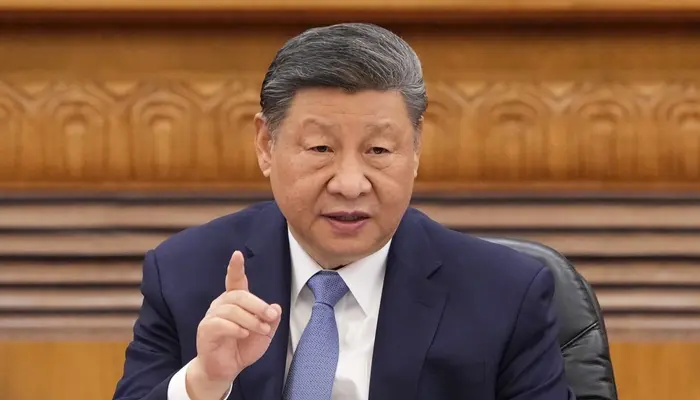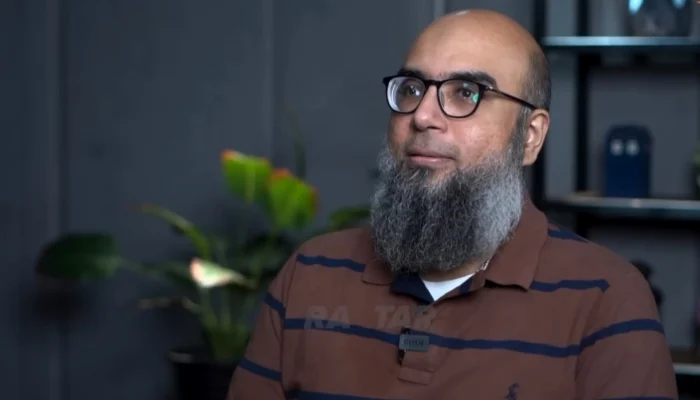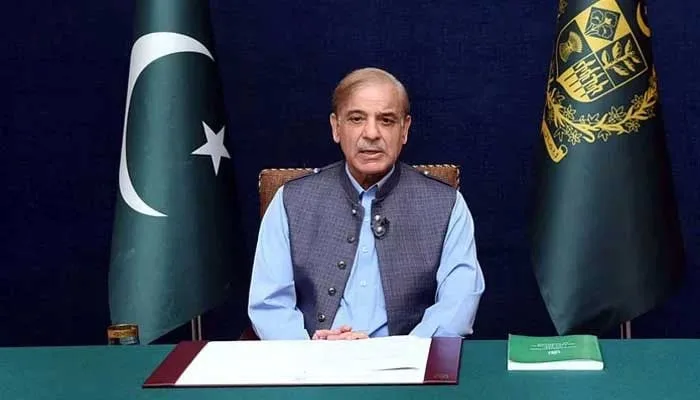Israel and Lebanon Near Historic Ceasefire Agreement
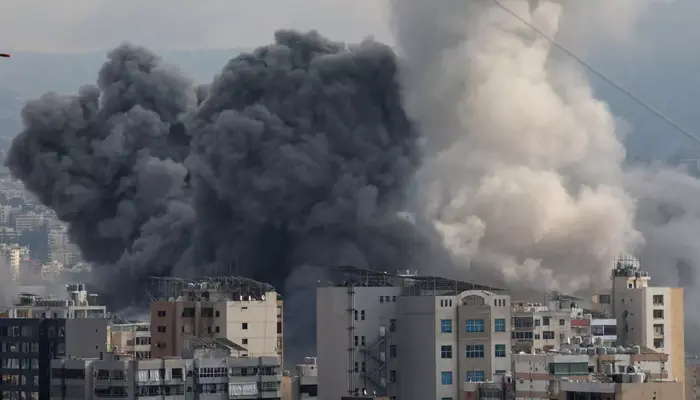
Israel and Lebanon are reportedly close to a groundbreaking ceasefire agreement aimed at halting the conflict between Israeli forces and the Iranian-backed Hezbollah militia. The proposed 60-day truce, a critical “ceasefire initiative,” includes the withdrawal of Israeli troops from southern Lebanon and the removal of Hezbollah forces from the area. This development offers hope for a temporary pause in hostilities, with both nations working out final details under international mediation.
Intensified Conflict Amid Negotiations
Despite ongoing discussions, the conflict has recently escalated. On Sunday, Hezbollah launched approximately 250 projectiles into Israel, most of which were intercepted. In response, Israeli airstrikes targeted Hezbollah positions in Beirut and other areas. Both sides are pushing their agendas while striving to finalize the ceasefire terms.
The proposed deal suggests increasing the Lebanese army’s presence in southern Lebanon after the withdrawal of Israeli and Hezbollah forces. A five-nation committee, chaired by the United States and including France, would oversee truce enforcement, resolving disputes about monitoring mechanisms.
Key Sticking Points Addressed
One of the major hurdles in the negotiations was Israel’s insistence on retaining the right to intervene militarily if Hezbollah regrouped south of the Litani River or prepared for attacks. Though initially opposed by Hezbollah and the Lebanese government, U.S. envoy Amos Hochstein has reportedly convinced both parties to agree to a time-limited arrangement.
Concerns over the enforcement capabilities of the Lebanese army and the United Nations Interim Force in Lebanon (UNIFIL) have also been addressed. Western diplomats suggest these challenges have been mitigated, paving the way for a feasible agreement.
Domestic Opposition and Regional Dynamics
Israeli Prime Minister Benjamin Netanyahu has approved the deal in principle. However, hardline members of his cabinet, including National Security Minister Itamar Ben Gvir, oppose the ceasefire. Ben Gvir called the agreement a missed opportunity to decisively defeat Hezbollah, citing the militia’s current weakened state.
The ceasefire also aligns with United Nations Security Council Resolution 1701, which ended the 2006 conflict between Israel and Hezbollah. This resolution mandates the removal of Hezbollah fighters and arms from areas near the Blue Line, the unofficial border between Israel and Lebanon. However, both nations accuse each other of violating the resolution over the years.
Humanitarian Toll
The prolonged conflict has caused immense suffering on both sides. Since October 2023, more than 3,750 people have died in Lebanon, with over a million displaced. In Israel, northern communities remain under constant threat, and approximately 60,000 residents have been displaced.
Read: Gazan Chef, Renad Atallah Inspire Hope Amid Hardship
Recent strikes have further highlighted the devastating human cost. On Saturday, an Israeli airstrike on central Beirut killed 29 people, while Hezbollah’s retaliatory attacks injured several in northern and central Israel.
Moving Toward Resolution
While the truce offers a brief respite, it is not a long-term solution. Both sides must navigate domestic pressures and international expectations to ensure the ceasefire holds. If successful, this agreement could set the stage for broader efforts to address the underlying issues fueling the conflict.
Follow us on Google News, Instagram, YouTube, Facebook,Whats App, and TikTok for latest updates





